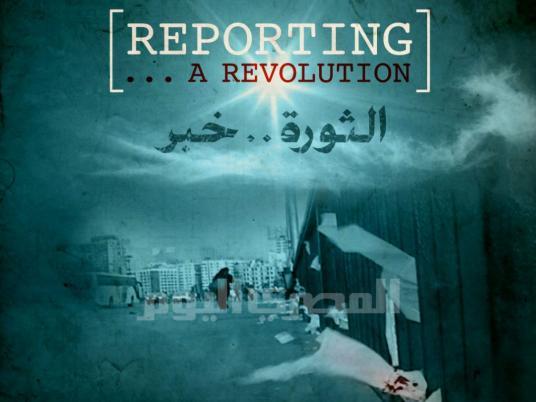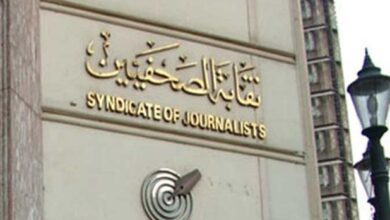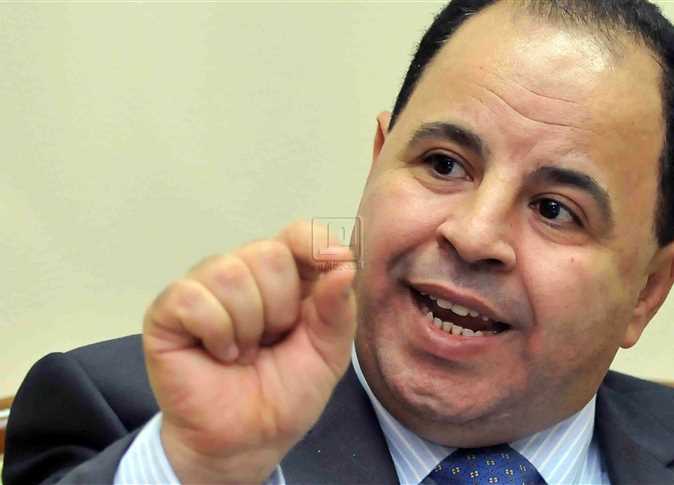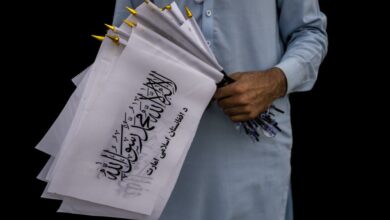
Al-Masry Media Cooperation, which also publishes Egypt Independent, recently premiered its first documentary, called “Al Thawra…Khabar,” or “Reporting a Revolution.”
The documentary, which was accepted into the upcoming round of the Berlin Film Festival, features six reporters working in Al-Masry Al-Youm's daily news and multimedia departments as they recount the complexity of covering the 18-day uprising that rocked the nation in early 2011. Light is shed on the difficulty of covering an event in which reporters can hardly be considered impartial observers, as this was the beginning of a historic revolution for which they all have waited.
The documentary premiered at the Ramses Hilton Cinema on 21 January, only four days before the first anniversary of the revolution. It intertwines narratives of journalists Mostafa Bahgat, Ahmed Abdel Fattah, Shaimaa Adel, Samah Abdel Atty, Nora Younis and Ahmed Ragab and the footage they filmed during the 18 days.
"The film is about six reporters struggling between neutrality and their dream of freedom," says Bassam Mortada, the director.
The documentary deals with contemporary anxieties about the issue of journalistic objectivity, especially in the wake of historic revolts. Many Egyptian journalists consider their work a form of activism since it involves the provocative act of seeking truth under dictatorships that seek to silence them.
More importantly, producing the documentary could be seen as a form of therapy.
"There was lots of material, shots and stories that were lying around with no purpose," explains Mortada, commenting on the abundance of unused material from the 18 days’ footage that sits in the newspapers’ archives.
Making the film was a chance for journalists to reflect on the difficult moment of being institutionally bound to a profession which dictates behaving in a certain way and being an integral part of the unraveling revolts. We see moments of breakdown as one reporter submits to the fact that he is filming his own reality and that he could have been among the wounded and the dead he is shooting with his camera.
"Every time I tried to put a script together, I failed, until I realized that the small personal accounts are what count," Mortada concludes.
Reporters genuinely reflected on their experiences. Abdel Atty, a young female reporter in the Arabic daily, spoke calmly about her experience of being beaten in the street. She left her camera running throughout the incident. The story highlights the challenges of maintaining objectivity amid violence.
In order to reactivate their memory of the events, Mortada took all six reporters to the areas where they had reported during the revolution. One location was the Qasr al-Nil Bridge, where a picturesque battle between protesters and the police became part of the revolution’s iconography. Another site was Arb'een Square in Suez, which saw the revolution’s early battles and where martyrs first fell. Reporters recount their experiences from these locations, as the film flashes back to their footage from the same places.
In the process, the film recreates a journey which includes both flashes of euphoria and bloody violence.
The premiere event drew activists, journalists, human rights defenders and others, many of whom enjoyed recalling the 18-day revolt just a few days before the revolution’s first-year anniversary.
“Everyone in the hall has a story attached to a scene or a shot in the documentary,” a young man said as he was leaving the event.



